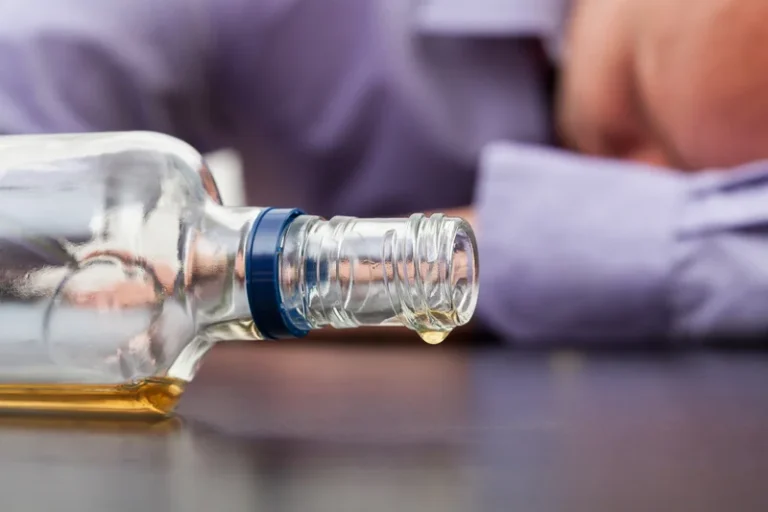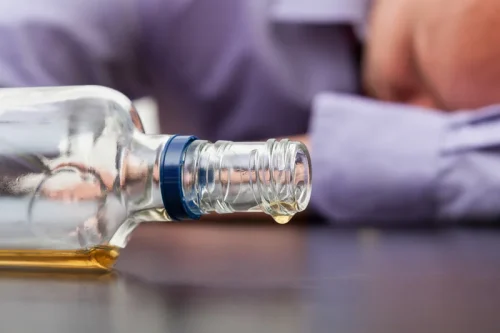
Taking multiple medications at the same time or drinking alcohol with some medication can also enhance symptoms. Excessive alcohol consumption can speed up the onset of macular degeneration, which deteriorates the central part of the retina. This condition severely affects central vision, crucial for reading, driving, and facial recognition. It poses a significant risk, especially for older adults, impacting essential daily activities and overall quality of life. A person may reduce their risk of developing vision issues due to alcohol by limiting their alcohol consumption.
- They cause fuzzy vision that can usually be corrected with prescription glasses or contact lenses.
- The disease, after long-term substance abuse, will result in vision loss.
- It isn’t a witty remark or an old wives’ tale, it is truth.
Reduced Visual Acuity
FAS increases the chances of unborn babies developing mental and physical defects such as eye diseases. When alcohol is in your system, sharpness of vision takes a hit. You might find it challenging to see small details or read fine print. This is because alcohol can affect the eye’s ability to quickly adjust focus between near and far objects, a function needed for tasks like driving. It’s another example of the impact alcohol has on your eyes that goes beyond just experiencing a temporary buzz.
Amaurosis fugax: Sudden temporary vision loss

For example, wavy lines may be due to a problem with the retina, while an autoimmune condition or simple astigmatism may cause blurry vision. The prognosis for amaurosis fugax can be positive if you act quickly. Ignoring it, however, could bring serious problems, including permanent vision loss.
- Call your doctor right away if vision changes occur after an injury.
- But other health and eye problems can cause blurriness, too.
- With causes ranging from mild to severe, it’s can help to understand what might be behind things looking fuzzy out of one of your eyes.
- Nystagmus may sometimes cause you to lose balance or to have trouble balancing yourself while standing for long periods of time.
More common causes of blurred vision in one eye
Reducing alcohol consumption is key to preventing this irritation and maintaining clear, healthy eyes. Occasionally drinking moderate amounts of alcohol doesn’t usually cause any health problems. But if you are a heavy drinker—which means consuming alcohol more than a few times per week or binge drinking—you will likely experience health issues as a result. It is hard to predict whether you will develop effects that harm your liver, heart, nerves, or eyes, and you can experience a combination of these. If you drink excessively, be sure to see a healthcare professional so you can get help cutting down before the effects on your health get worse.

While not everyone who binge drinks has an AUD, it can be a very significant risk factor for the development of an AUD. Schedule an eye exam with an eye doctor near you if you feel like your eyesight is blurry or out of focus. There’s a good chance you’ve had (or will have) blurry vision at least once in your lifetime. Around 1 in 3 people with migraines experience an aura before their headache starts.
The images being sent from the brain to the eyes are not being interpreted correctly or take a longer time to process. Sure, we know that drinking affects our vision and can cause blurred or double vision, especially at night. This is sometimes known as “beer goggles.” After all, impaired vision and a slowed reaction time are why drinking and driving are often a fatal combination.
- If one eye looks blurry, an eye doctor can help you rule out more serious conditions.
- But you should treat amaurosis fugax as a serious condition — just in case.
- The optic nerve is in charge of sending impulses from the retina of the eye to the brain.
- Managing your alcohol intake can help alleviate these symptoms and protect your eyes from further strain.
- Other problems are time-sensitive and should be treated right away.

Alcohol consumption can temporarily impair visual performance, resulting in double or blurred vision. As a diuretic, alcohol use dehydrates the body, leading to itchy, dry, and bloodshot eyes. Acute alcohol intoxication can also slow pupil reactions to changes in light, which can hinder someone’s vision in bright or dim environments. It can also impair color perception and peripheral vision, decrease contrast sensitivity, and cause abnormal or rapid eye movements. Alcohol’s short-term effects on eyesight can lead to potentially harmful situations, including accidents and injuries.

Alcohol and Eyesight: A Deep Dive into the Impact on Vision
This vision problem can lead to lots and lots of headaches, especially during the sobering-up stage. The pupils will take a little more time to get back to normal. Expect slow pupil reaction time for up to 24 hours after your bout of excessive drinking. blurry vision hangover Bloodshot eyes, or red eyes, can indicate many things; allergies, infections, or lack of sleep.
Refractive Errors
- By Maxine LipnerLipner is a New York-based freelance health and medical writer who covers ophthalmology and oncology.
- Sudden withdrawal can lead to severe health complications, which is why having professional help is not just helpful—it’s necessary.
- When anxiety and stress become overwhelming, an anxiety attack or panic attack can ensue.
- Sometimes, blurry vision in one eye can be diagnosed with an eye exam and corrected using glasses, contact lenses, or refractive surgery.
- However, cataract onset is a gradual process and not sudden.
Persistent dryness is not just uncomfortable; it can also increase your risk of eye infections, as the natural lubricating tears are reduced. Experiencing a harsh reaction to light after drinking? Alcohol can make your eyes more sensitive to light, leading to discomfort in brightly lit environments or on sunny days. This increased sensitivity is a direct result of alcohol’s effect on the pupils and how they react to changes in light. Being mindful of alcohol consumption can reduce this sensitivity, helping you enjoy daylight activities without discomfort.
